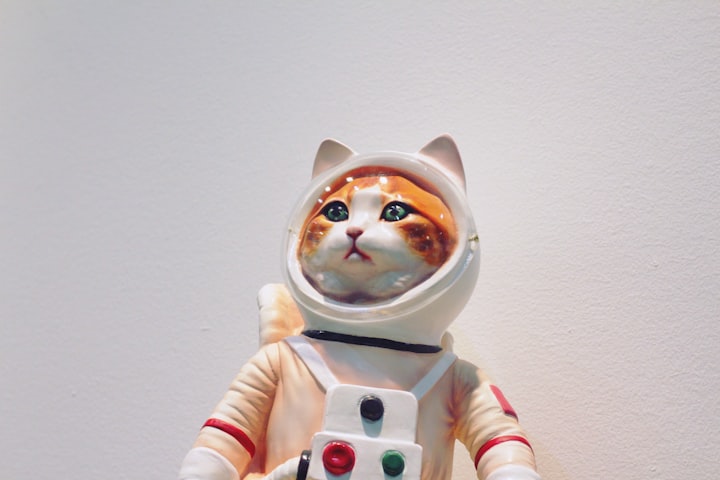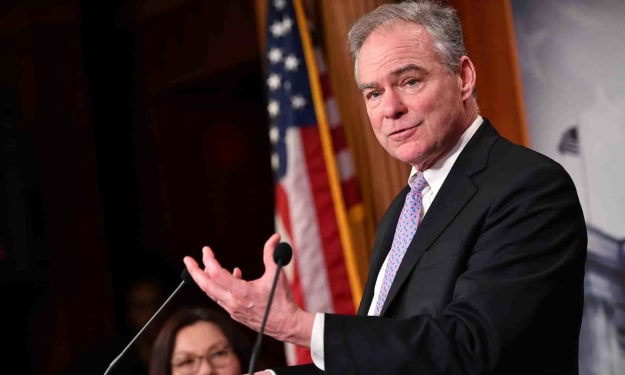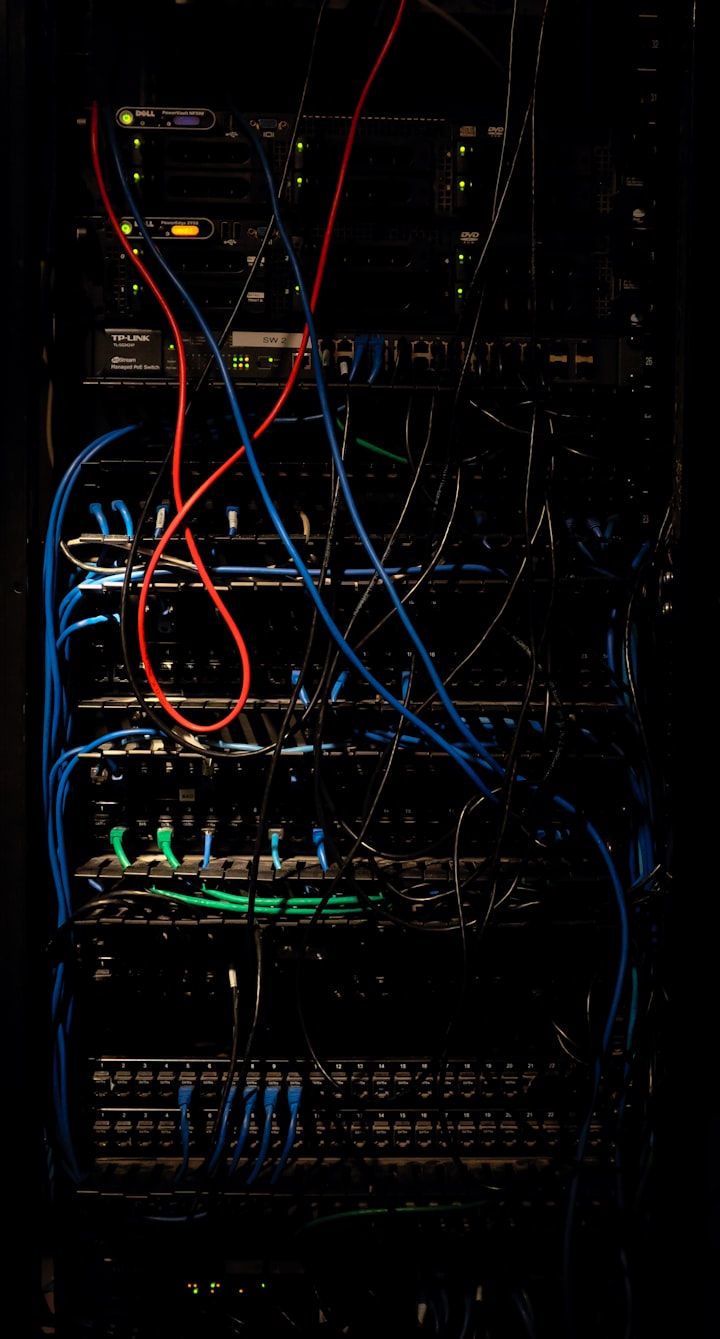The Twisted Tango of Pop Culture: Unraveling Its Dark and Dramatic Side
Delving into the Intricate Dance of Pop Culture's Allure and Adversity

Imagine a grand ballroom filled with swirling excitement and vivacious energy. As the music starts, people enter the dance floor, eagerly engaging in a tango with their favorite pop culture phenomena. Laughter echoes, drama unfolds, and the stage is set for a captivating performance. Yet, beneath the surface, a question lingers: can this intense affair with pop culture turn out to be detrimental?
Pop culture, an ever-evolving tapestry of entertainment, encompasses movies, TV shows, music, fashion, and more. Its pervasive influence seeps into every corner of our lives, shaping our beliefs, defining societal norms, and even molding our personal identities. But lurking behind the glitz and glamour lies a darker underbelly, one that warrants further exploration.
Think of pop culture as a seductive lover, sweeping us off our feet with its charm and allure. What begins as a light-hearted fling gradually turns into an entanglement that defies reason. We become entranced by the latest trends, obsessed with the lives of celebrities, and in constant pursuit of validation through the prism of popularity. And that is where the sinister elements reveal themselves.
The mass media holds significant sway over our thoughts and actions. Whether it's through movies, TV shows, music videos, or the omnipresence of social media, we are bombarded with messages that define what is "cool," "beautiful," and "desirable." Often, these messages perpetuate unrealistic standards of beauty, toxic relationship dynamics, and shallow values.
Without realizing it, we start mimicking the behaviors and attitudes of our beloved pop culture icons, unconsciously falling into an echo chamber of imitation. Catchphrases escape our lips, we mirror their styles, and, unwittingly, we even replicate their problematic actions. We find ourselves trapped in an endless cycle of emulation, blindly following where pop culture leads.
Consider the rise of "influencer" culture, for instance. Social media platforms have birthed a new breed of celebrities, amassing millions of followers through carefully curated displays of their seemingly perfect lives. Each post constructs an idyllic facade, drawing us into the web of comparison, leaving us riddled with feelings of inadequacy when faced with the unattainable standards set by these digital gods and goddesses.
But the harm of pop culture doesn't linger solely in the realm of emotions. Its effects can be equally staggering on our physical wellbeing. The perpetuation of unrealistic body standards in the media has fueled an alarming surge in body dissatisfaction, eating disorders, and plummeting self-esteem among both women and men.
By idolizing celebrities solely for their looks or achievements, we often forget that beneath the glamour lies a human being grappling with their own flaws and struggles. We elevate them to pedestals, allowing their words and actions to wield disproportionate influence over our lives, shaping our beliefs and molding our attitudes. Yet, in reality, how well do we truly know them? And more importantly, do they know us?
Let us not rush to condemn all of pop culture, however. It possesses undeniable positive aspects. It entertains us, inspires us, and builds communities around shared interests. It offers us an escape from the tiresome mundanity of everyday existence. But we must also approach it with a discerning eye, questioning the messages it disseminates, challenging the status quo, and actively striving for positive change.
So, how can we navigate the treacherous waters of pop culture's potential harm?
First and foremost, we must cultivate self-awareness. By recognizing the influence of pop culture on our thoughts and actions, we can consciously choose whether to accept or reject its messages. Rather than blindly following trends, we need to thoughtfully consider their impact on our lives and the broader sphere of influence.
In addition, we should seek inspiration from diverse sources. Beyond the mainstream media, we can actively explore alternative voices and perspectives. Independent creators, artists, and thought leaders often offer unique insights and promote positive change outside the confines of popular entertainment.
Lastly, we must not allow ourselves to be solely defined by pop culture. We are multi-faceted beings with diverse passions and talents. By pursuing our own interests, nurturing real-world relationships, and prioritizing personal growth, we can find fulfillment that surpasses the fleeting allure of popular culture.
So, to answer the question of whether pop culture can be bad, the resounding answer is yes. Its formidable influence can lead us astray, fueling self-doubt, toxic behaviors, and distorted perceptions. However, armed with a critical mindset and a healthier relationship with popular culture, we can pirouette through these hazards, emerging as better, truer versions of ourselves.
About the Creator
Aymeric Delaplace
💬 Hello, I'm Aymeric 📱. 👋 I write about apps, software and businesses for kids for publications like TechCrunch 🌟. 🤔Have a question? DM me on Twitter or e-mail my email address. 👈❤️






Comments
There are no comments for this story
Be the first to respond and start the conversation.